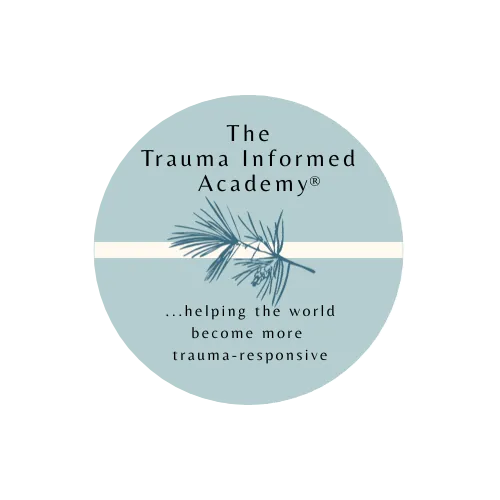

“Quiet Quitters”?
I get a little annoyed by pundits who slam workers and toss the phrase “quiet quitting” about as an insult to workers. It is written “The worker is worthy of their hire” and “fair day’s work for fair day’s pay.”
In America--and I suspect many other places--we have shifted (or maybe lurched) from a relational culture to a transactional culture. It’s about people as widgets, cogs in the machinery that produce for “The Man.” Profit margins ride on how cheaply goods can be produced while maintaining quality.
Generations have been shaped by our culture of rugged individualism with a sense of community tossed in to do whatever it takes. To
overproduce (got written up for being over-productive in 1982)
work 80 hours a week for a 40-hour paycheck (did that for decades)
spend the night under the desk to make sure a project got done on time (yup,2003)
and even the surges now that keep me at my desk until 3AM. Spare time? Do something for or with others. Cultural dissociation from the wear and tear of hours and effort on the whole person. Yet, some degree of balance between humility and pride coupled with a sense of duty and service.
Younger generations saw the impact on their ancestors of this strongly Puritan, top-down “work till you drop” ingrained belief. They also took in the self-love and self-first messages of “me” instead of “we.”
Perhaps we are seeing what may be the settling pendulum as it comes to the middle: fair valuations of effort required for tasks performed, and staff accordingly. Pay people for the number of hours you require them to work. Unless you can offer something the person wants, quit trying to coerce them to stay late. Have plans B and C and D in case staff are absent. That’s the middle point where the power is.
“Quiet quitting” is the natural consequence of the swing towards self as more important, which mental health professionals might call “healthy” unless there is a loss of sense of value for others (“narcissism” at worst).



Email our Admin:
©Copyright 2025 EPower & Associates, Inc. All Rights Reserved.
Privacy Policy | Terms of Use
Featured On...


